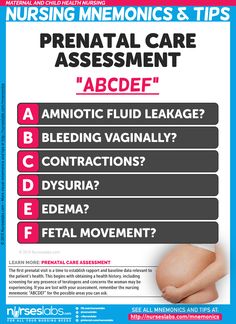Acute Respiratory Tract Infections (ARTIs)

Acute Respiratory Tract Infections (ARTIs) Acute Respiratory Tract Infections (ARTIs) refer to infections that affect the respiratory system, which includes the upper respiratory tract (nose, throat, and larynx) and the lower respiratory tract (trachea, bronchi, and lungs). These infections are typically caused by viruses or bacteria and are common worldwide. Some common types of acute respiratory tract infections include: Common Cold: Usually caused by rhinoviruses, adenoviruses, or coronaviruses, the common cold is characterized by symptoms like a runny or stuffy nose, sneezing, coughing, and a sore throat. Influenza (Flu): Influenza is a viral infection caused by influenza viruses. It can result in symptoms such as high fever, body aches, fatigue, cough, and sore throat. In severe cases, it can lead to complications like pneumonia. Bronchitis: This infection involves inflammation of the bronchial tubes (airways that carry air to the lungs). It can be caused by viruses or ba...
